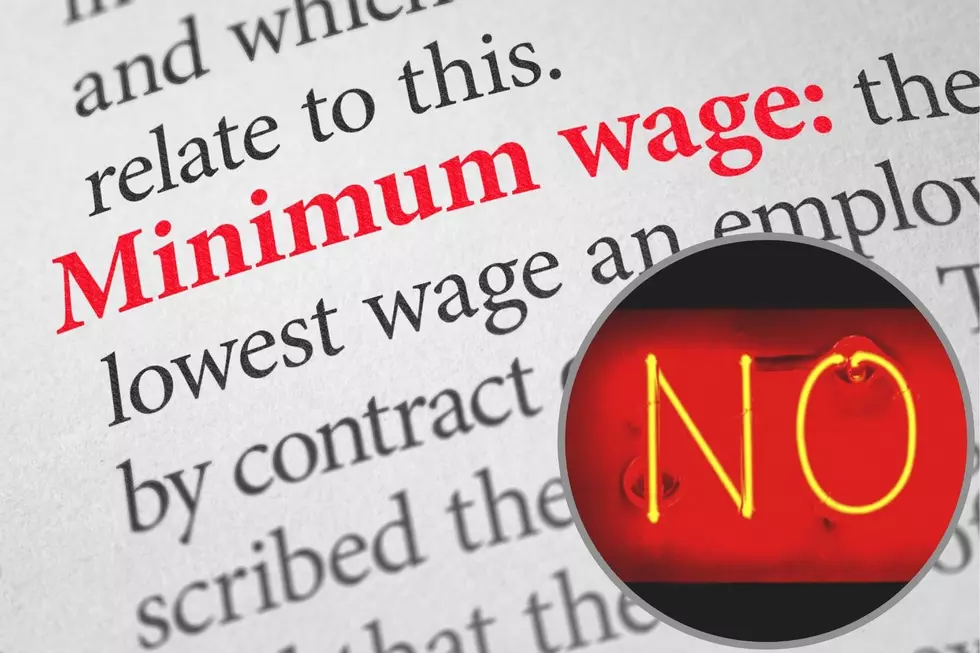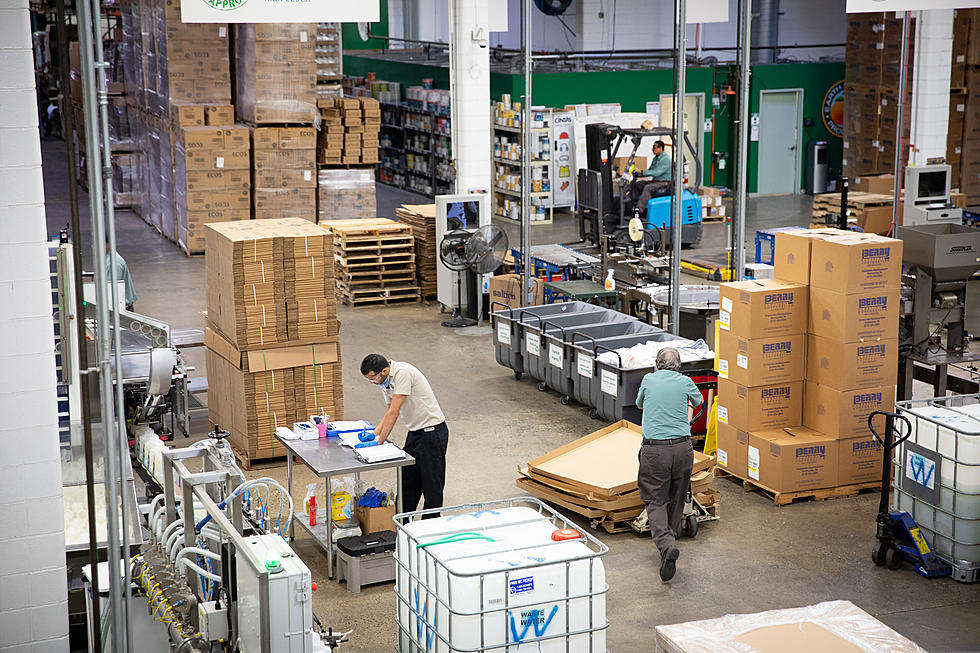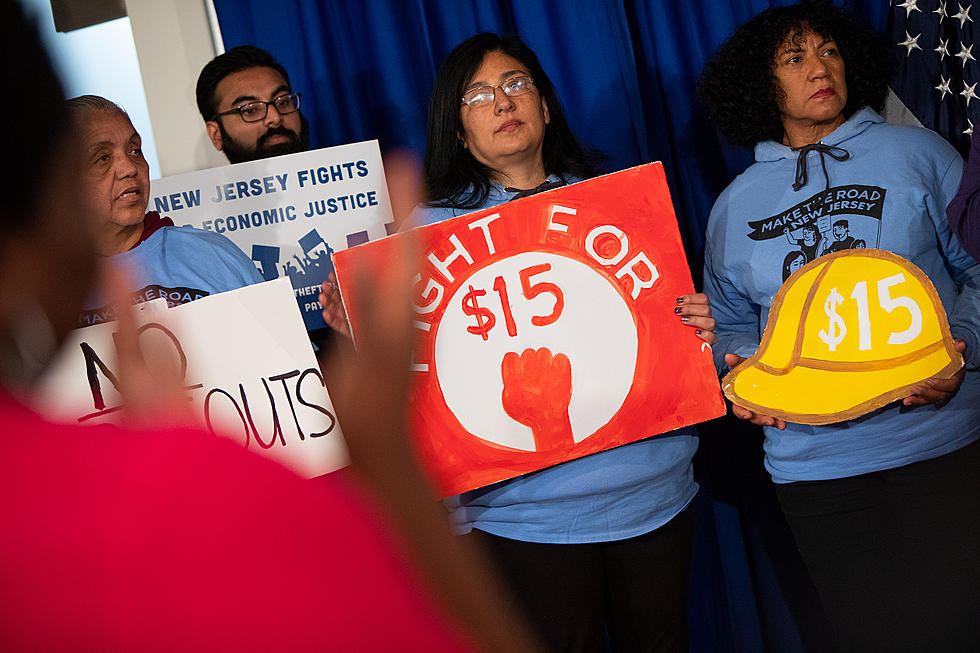![How Has Raising the Minimum Wage in New Jersey Affected You? [POLL]](http://townsquare.media/site/385/files/2014/06/waitress.jpg?w=980&q=75)
How Has Raising the Minimum Wage in New Jersey Affected You? [POLL]
It wasn’t long ago that Senate President Steve Sweeney was praising the New Jersey voters in favoring a hike in the minimum wage at the polls – raising it from 7.25 to 8.25 an hour with yearly adjustments based on the Consumer Price Index.
His feeling, as well as many others who’ve favored the increase, have all said that money will go back into the business community as consumers will be able to buy more items that they need.
However, there was blowback from the business community.
New Jersey Business and Industry Association first vice president David Brogan said, “It’s too early to tell exactly what the impact will be, but we do believe it will have an impact on business,” “The way we look at it, any increase in operating costs on business needs to be made up in several different ways. You either reduce the workforce, reduce the hours (and) you have a diminishing amount of money to reinvest in the company.”
The NJBIA is sticking to its position. Brogan said the impact on Garden State businesses as a result of the state’s minimum wage increase will be more profound if the wage is hiked even higher as per the president’s plan.
According to Sweeney, it is a fact that raising wages for the working poor has a positive impact on towns and businesses. He called on Republican members of Congress to support the president’s call for raising the federal minimum wage.
Apparently the Senate President doesn’t believe in the expression, “half a loaf is better than none!”
And what we see happening here is that, contrary to what officials at New Jersey Policy Perspective are saying, that “half a loaf” isn’t available – especially to those workers whose income is derived from minimum wage summer jobs.
According to this piece submitted by Laurie Ehlbeck, the state director of the National Federation of Independent Business; and Michael Saltsman, research director at the Employment Policies Institute.
In a recent survey of 237 New Jersey businesses affected by this year’s wage hike, the Employment Policies Institute found that one-quarter were very likely to reduce employee hours as a consequence of the new law.
One seasonal business owner was wary of the summer months, suggesting he would “not hire that extra person like I would normally do, only because I can’t afford them.”
These businesses aren’t cutting back on opportunities because they’re mean or hard-hearted — it’s because it’s the only option. When labor costs increase and employers can’t offset them by raising prices, they’re forced to reduce costs elsewhere. That means fewer job opportunities for young adults — and more teenagers on the couch all summer instead of working.
The saddest part of this story is that the consequences were completely predictable.
Instead of joining Sen. Sweeney in his evidence-free tour and celebration of the Jan. 1 minimum-wage hike, we’ll be mourning the young people who are missing out on valuable summer experience — and hoping that the state doesn’t make the same mistake again.
And while this may not necessarily be germane to the subject, getting a raise may be a function of who you know.
About a week and a half ago we reported that members of Governor Christie’s staff, those who helped craft his image and earn him a second term in the Governor’s Office were given significant raises – despite our being told we’d all have to share the sacrifice.
Kevin Roberts, Christie’s former deputy press secretary, who made $75,000 in 2013. After leaving to serve as press secretary on the Christie campaign, Roberts returned in January as deputy communications director, with a salary of $90,000 a year. He was then bumped to $110,000.”
So while I feel the business community has a legitimate beef in reacting to the raising of the minimum wage – the person who railed against it prior to the election wound up speaking out of both sides of his mouth.
How has raising the minimum wage affected you?
More From New Jersey 101.5 FM









